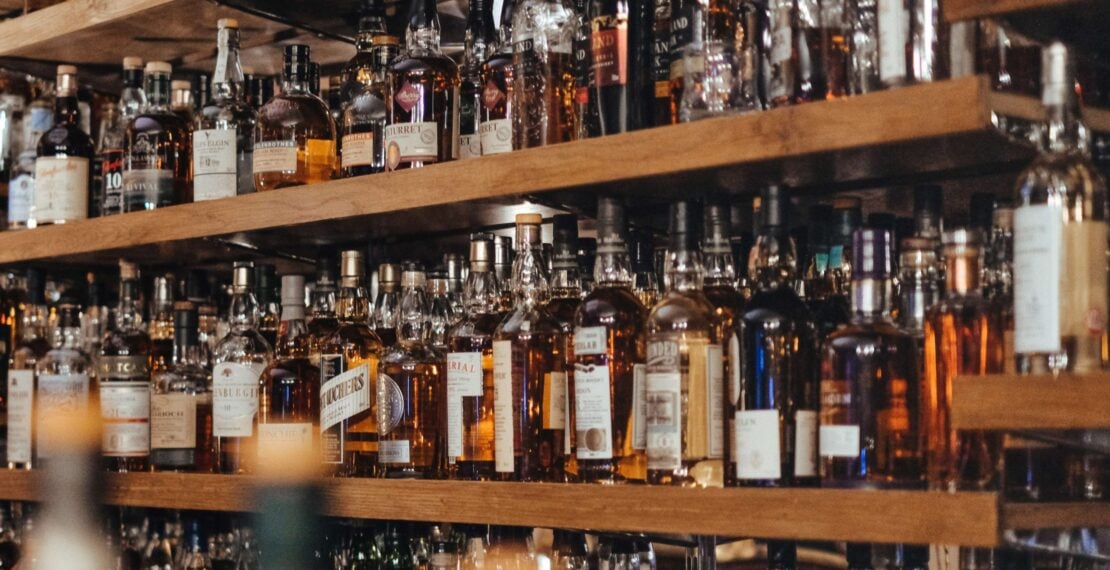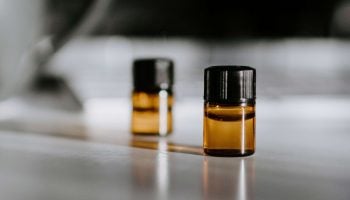Alcohol abuse is one of the biggest health problems in the world.
Alcohol is highly addictive, highly toxic, and does unrivalled damage to society. In the US, tens of thousands die from alcohol-related disease every year, making it the fourth-highest preventable cause of death. Alcohol abuse costs the US over $200 billion a year, and EU countries pay around €125 billion a year—over 1% of these countries’ GDPs.
Worldwide, alcohol misuse is the leading cause of premature death for 15-49 year olds.
In 2010, Professor David Nutt and a panel of experts ranked alcohol as the most harmful drug in the UK, in terms of both its harm to users and others. Alcohol addiction is powerful, dangerous and deadly.
ANGEL IN DISGUISE
Ironically, hope for treating alcoholism could lie in a drug that government regards as one of the most dangerous in existence: LSD. After its discovery as a psychedelic drug in the 1960s, LSD was used by therapists who thought its effects could help treat problems like depression and addiction. When LSD was classed as an illegal drug, its use in therapy dwindled and research into its potentially healing properties was stifled.
Although LSD research is still possible today, it’s extremely expensive and highly restricted; costs increase tenfold compared to trials on unrestricted compounds, and jumping the necessary hurdles can take many years. Before LSD was made illegal, a considerable amount of research was published in the ’60s and early ’70s, when it was still easy to obtain and therapists were convinced of its medical value.
Recently, two scientists decided to look back on six of these studies to see if there is really any merit in using LSD as a treatment for alcoholism…
THE RESEARCH IS OUT THERE
Krebs & Johansen found six randomized controlled trials from the ’60s and ’70s that used LSD to treat alcoholism. They analyzed the accuracy and design of the trials to ensure that there was no experimenter bias or messy science. They then attempted to merge the results of the six trials, to see if LSD really did help patients recover from alcoholism.
The six trials were mostly similar; they had all recruited alcoholics who were looking for treatment, the participants had no underlying mental health conditions, and patients were randomized into control or treatment groups. The studies varied in how LSD was administered; dose varied from 200-800ug. Participants also received variable support throughout the experiment, with some having access to psychotherapy during the experience, and others being given very little information about LSD’s effects and left without any guidance. All the studies measured the participant’s alcoholism in similar ways, using tests of alcohol dependence and misuse.
Pooling the results from these six studies, Krebs & Johansen found that LSD treatment significantly reduced participant’s alcohol misuse, and improved participant’s attempts at abstinence from alcohol, compared to control groups.
Overall, 59% of participants who had undergone LSD treatment improved in alcohol misuse scores, compared to 38% of control participants, which was highly statistically significant. After six months, 40% of LSD treated participants had abstained from alcohol, compared to only 28% of control participants; again, a highly significant result. After 12 months, the effects had mostly worn off, with participants returning to control group levels of alcohol misuse; but this initial benefit of LSD treatment on alcoholism is considerably greater than any currently-available treatment!
There’s something remarkable about this meta-analysis; despite these six trials having drastically different approaches to LSD administration (one trial just strapped participants to a bed without even explaining what LSD is), they all showed that LSD treatment has a positive effect on alcoholism. Although the effects only lasted a year, it’s possible that more frequent and more controlled LSD-assisted psychotherapy could produce a prolonged recovery from alcoholism.
To support your wellness journey, we’ve curated, verified, and vetted trusted psychedelic therapists in our provider directory; maybe you can find the right one for you.
LEARNING OUR LESSONS
It’s not just research from the Golden Age of Psychedelics that we have to rely on. Hundreds of researchers are starting to revive the investigation of psychedelics as a treatment for alcohol addiction.
At the forefront is Michael Bogenschutz and his research group in New Mexico. Their recent ‘proof of concept’ study has shown that psychedelic treatment of alcoholism is not just a pipe dream of the ’60s.
In their study, ten alcohol-dependent patients were given several weeks of therapy, in addition to a dose of psilocybin halfway through the program. After the dose of psilocybin, rates of abstinence increased sharply, suggesting that the substance itself (and not just the therapy) had significant anti-addictive effects.
The researchers hope that studies like this will lead to larger clinical trials of psychedelic-assisted therapy in the treatment of addictions.
PSYCHEDELIC RENAISSANCE
It’s also looking like other psychedelics could help in the treatment of addiction: Salvia divinorum has anti-addictive effects in rats, psilocybin has been shown to help heavy smokers quit, and people who work with ayahuasca are less likely to suffer from alcoholism. The field of psychedelic research is looking increasingly bountiful.
The world’s most dangerous drug is alcohol. But the non-toxic, non-harmful drug that could cure our alcohol problems is among the most highly illegal. Can you imagine a future society where this is still the case? Regardless of your opinion of LSD, clearly it deserves further research. We can only hope our future society will look back on this time as a medical renaissance, not as a self-harming dark age.
Can taking sub-perceptual doses (called microdosing) of substances like LSD help people with alcohol addiction to let go of that habit? Some people think so. Our Microdosing Course is one of the most scientifically rigorous, comprehensive, and supportive microdosing resources available online. In addition to teaching responsible microdosing protocols, it gives you lifetime access to an exclusive global online community and an abundance of expert interviews.
NOTE: This is not meant to be medical advice. If you, or someone you know, has an alcohol addiction, please consult a psychologist or other medical professional for treatment.








Hello. It would be a dream come true if LSD would help my husband who has and is suffering terribly with obsession with alcohol. He has been to 6 rehabs of varying lengths and detoxed (with medical assistance) 15 (no lie+-) times. Obviously he keeps trying to quit but repeatedly and within 24 hrs, drinks. It is understood that there is a choice factor but maybe some folks’ craving is far more intense than others.
I do understand that genetics can be an influence. He is one of those folks who has a STRONG family history of alcoholism.
Hi Margaret
Not helpful I know, But I really hope your Husband is doing better.
In a similar place too, my heart goes out to you.
B
There is ALWAYS Hope.
I am the one suffering from it and I would love to try mushrooms or something to help with it. My heart goes out to you and your husband Margaret.